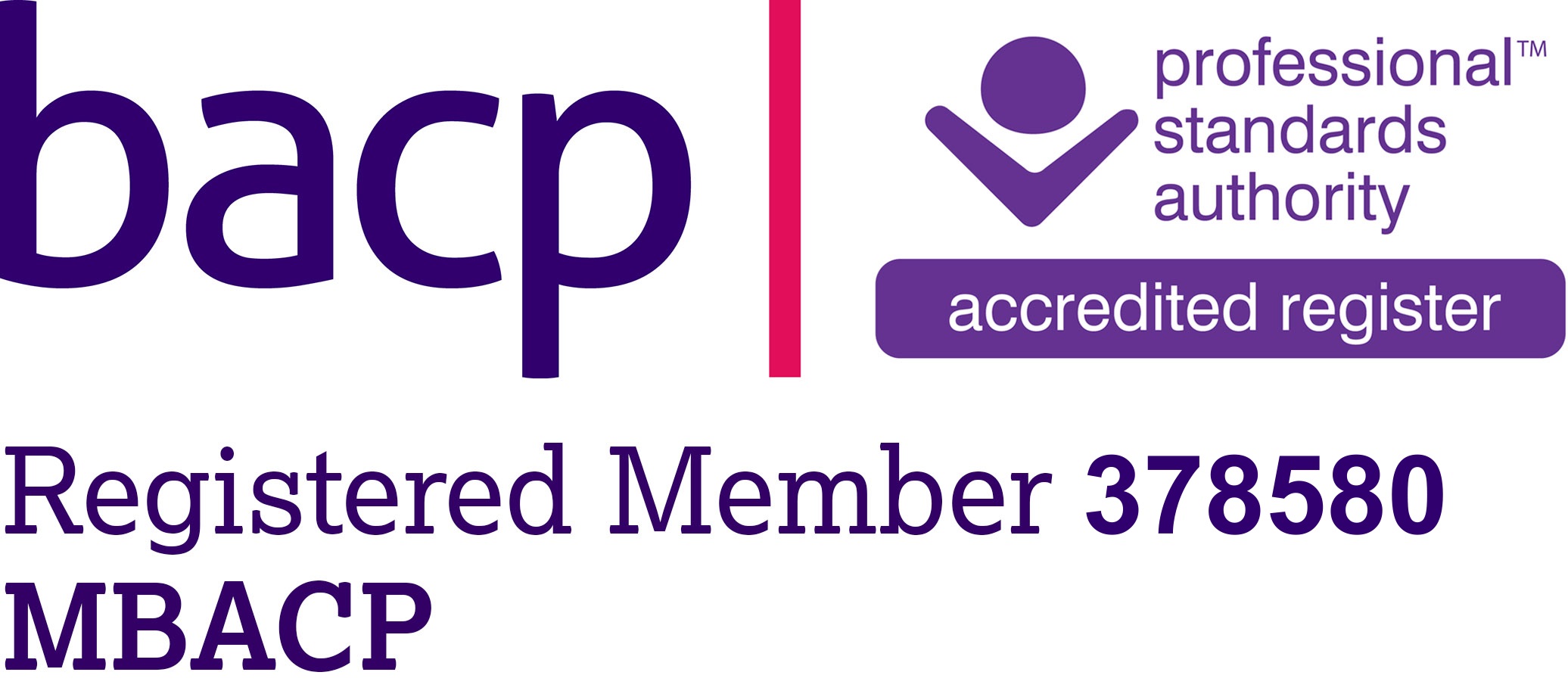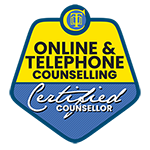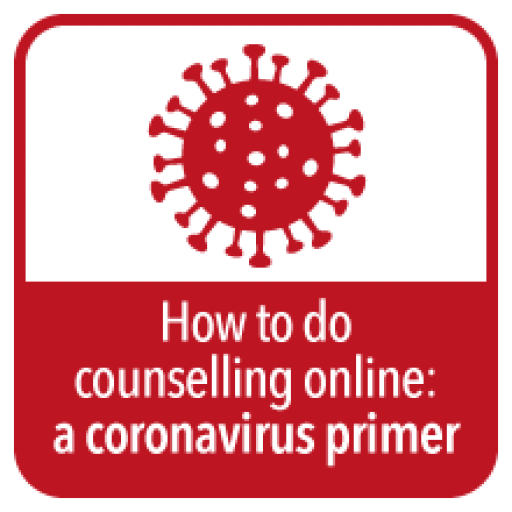As much as we may want to support and help children and young people to thrive and live their best lives, sometimes life gets difficult and we are ill-equipped to support the young person in the most helpful way.
This is when reaching out for counselling to support them may be the best course of action for them.
Counselling children and young people is very different to adult counselling and it's important to find the right counsellor for the situation. Additional training for the purpose of working with young people is usually an extra qualification in addition to the adult counselling qualification.
This is to ensure that the legal and safeguarding framework is robust when working with children and young people and it's different to working with adults.
What can you expect from CYP counselling?
Age depending, the sessions can help the child/young person to navigate their own feelings and experiences in a way that is age appropriate. Older children (11 years and above with capacity) can attend the session on their own.
Some of the issues that counselling can help a young person with are; anxiety, bullying, interpersonal difficulties with friends/classmates, family issues at home, sibling rivalry/jealousy, divorce, estranged/absent parent/carer, death of a loved one/pet, moving away, new school, gender issues, romantic relationships, career and further education support, to name a few.
There's no right way to be in the therapy sessions and usually the young person will know if they can and want to work with a specific counsellor.
Sometimes they don't want to, even when the parent wishes it for them and feels it would be in their best interest to get outside support. This can sometimes be difficult for the parent to accept especially when you can see that your child is struggling.
Private one-to-one counselling can take place in a counselling room or online/telephone, depending on the young person's preference.
Look under the Counselling Directory/BACP Directory listings for qualified CYP counsellors to ensure the best support for your child.
Other counselling options for young people:
A lot of schools are currently offering counselling within the school environment and it should be a free service in state schools in Scotland.
Some schools have a self-referral policy (where the young person can talk to a counsellor privately without the parent or pastoral care team being involved in the referral.)
Not all schools offer this, and certainly some schools are actively opposed to offering the service to the young people without the parents consent and won't offer pupils the option of a self-referral. So feel free to ask your child's pastoral care team at school about the service provision for school pupils.
Also, ask where this confidential information of the pupil (the counsellor's session notes) are being held and how this information is used by the school counselling team.
Safeguarding of young people's welfare is paramount but if there is willy nilly access by school staff/others to confidential sessions notes of the pupil that aren't of a safeguarding nature, then this is not a confidential service being offered to the pupils and it's important that this is explained to the young person before they engage in the counselling sessions.
The pastoral staff are usually working with a young person's care and best interests, so don't be afraid to ask the direct questions to get the best service for your child.
Counsellors that work in schools may not have the children and young person's extra certificate qualification either, so don't be afraid to ask about their further experience with children and young people in a therapeutic setting.
#counselling #bullying #relationship difficulties #friends classmates #family issues, sibling rivalry #jealousy #divorce #estranged #absent parent #death #moving away #new school #gender issues #romantic #career #further education #BACP #Counselling Directory #Southside Counselling #East Kilbride





